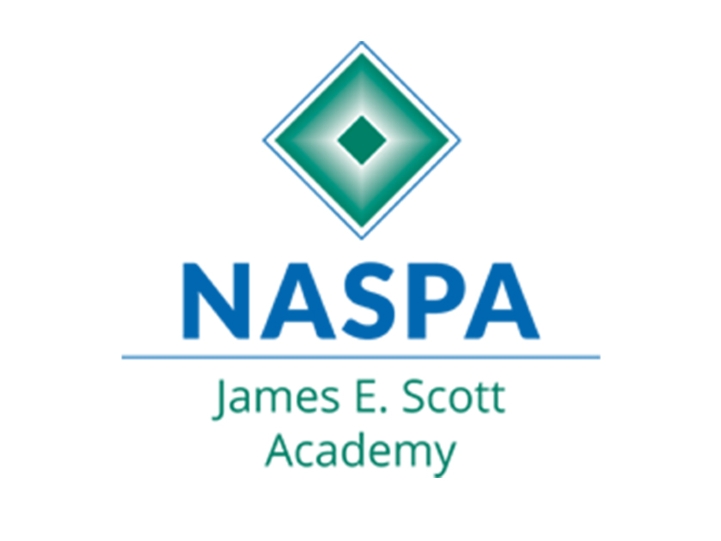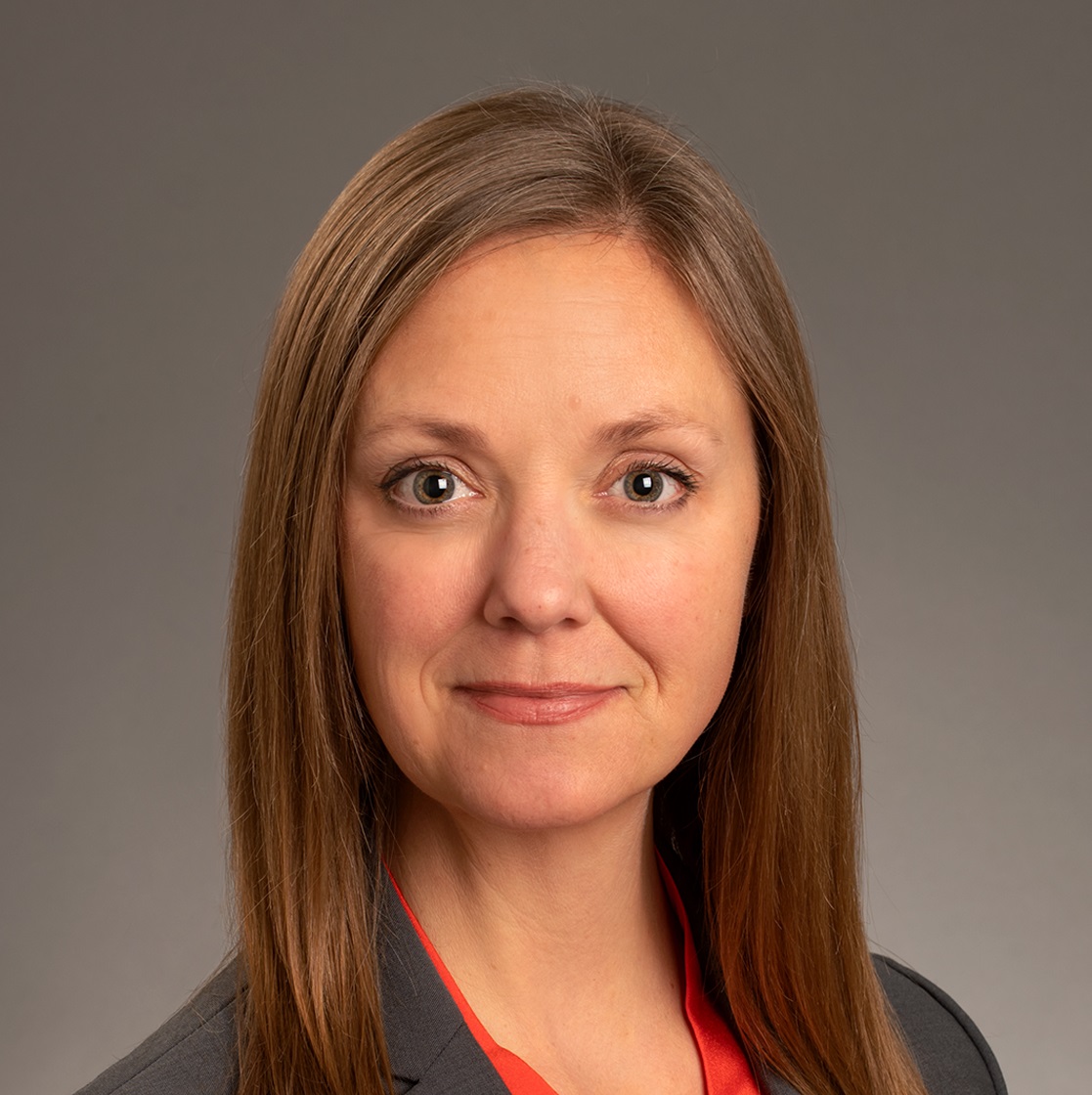
Executive Transitions: Lessons Learned
Career and Workforce Development Supporting the Profession AVP or "Number Two" Senior Level VP for Student Affairs
February 22, 2023
“These positions are fraught with peril.” “We’re all one incident away from being let go.” “The vice president exodus is at an all-time high.” These were the three most common phrases I heard during the past year when connecting with colleagues across the country.
An unanticipated national job search. Dozens of applications. Semi-finalist interviews with handfuls of institutions. Finalist at six campuses. This was not what I thought the higher ed world would look like when I departed my role as vice president for student affairs at Boise State University, where I’d spent the past 13 years. I’d always targeted a specific job and this was a first. The search landscape had changed, and I hadn’t been paying attention. I was not prepared for what was coming.
Six colleagues reached out to me in the past couple of months, and all are engaged in national job searches. Here is what I learned about the higher ed job search and myself over the past year.
My story
In July 2021, we sold the house and moved the family into a temporary space so our youngest son, Tucker, could finish his senior year of high school. Pushing down a distant sense of panic, I packed up the Mini Cooper and moved myself to Butte, Montana, to serve the fall semester as interim vice chancellor for Montana Technological University. Although I was leaving my family behind, I was grateful for the opportunity to get back to work quickly as my energy needed to be put to good use. I lived on campus, ate in the dining hall, took duty rotation, supported staff, delivered meals to students in isolation, connected with incredible student leaders, engaged in campus activities, and hiked the local trails. Behind this solid professional façade, I was a nervous wreck, but I pushed forward trying to channel the outward facing hope and optimism I brought to the office each morning.
I reached out to colleagues across the nation, seeking advice and insight, connection and community. I started to find that my story was shared by many, and I felt less alone. I searched for clarity, wondering if I should stay or leave the field. I hired a professional to revamp my search materials, which was one of the best decisions I made during this tenuous time. I asked trusted colleagues to conduct mock interviews and share their feedback. I packaged and re-packaged. I fumbled. I polished. I lost a lot of sleep replaying, regretting, recovering, and recentering.
It was clear my son Tucker needed me and I took the spring semester off, and in doing so I turned down a couple of interim opportunities. I knew this was risky because I’d have to explain the gap in employment. While I wasn’t concerned about it, search consultants assured me it would be questioned. It absolutely was. We moved again and took refuge in a mountain-town cabin we shared with our close friends. Jarad, my partner and husband, renovated the cabin. Tucker worked at the local pub. I started a consulting LLC and did some project work on the side to alleviate the employment gap concern. I worked and interviewed from home while they took the dog for a walk – each and every time - rain, snow, sleet, ice. They were so patient and kind. They cheered me on each and every interview. We got excited together and experienced the bummer of rejection together.
When the provost at the University of Montana called to offer me the position, we jumped in the car, drove to Missoula, put an offer on a house, drove back, packed up, drove back over the mountain passes, and moved in less than a week, and I started the job on move-in Monday. I haven’t looked back. Until now. And this reflection feels important and healing. If you are in transition, thinking about a transition, or forced into a transition, I’m here for you.
What I learned
- I was lonely, but not alone. Our community is vast, and they came out of the woodwork to support me during this tumultuous time.
- Lean on those who offer support. They mean it. Say yes to résumé reviews, cover letter editing, and mock interviews.
- It was important to take time to evaluate what I wanted to spend my time doing.
- I could not rely on experience – I had to figure out how to tell my story, authentically and succinctly.
- A singular experience does not define career success or career failure.
- Professional references must understand exactly what is needed from them. Tell them what you need.
- Never assume a search consultant has packaged the story for the search committee or president. That’s your responsibility. Also, search committee feedback is feedback. Take it, learn, and move forward.
- A good colleague reminded me that “rejection is the universe’s form of protection and redirection.” I repeated that to myself – regularly.
- It’s okay to be angry, sad, humiliated, disappointed, frustrated, tired – but not in an interview. Give them Premium You.
- Update LinkedIn. Google yourself.
- Try to avoid pressing refresh every five minutes.
- Go outside every day. Read something distracting. Find a new show.
- Place and People matter more than the Package.
 |
Leslie Webb serves as the vice provost for student success & campus life at the University of Montana and is a member of the NASPA James E. Scott Academy Board. |